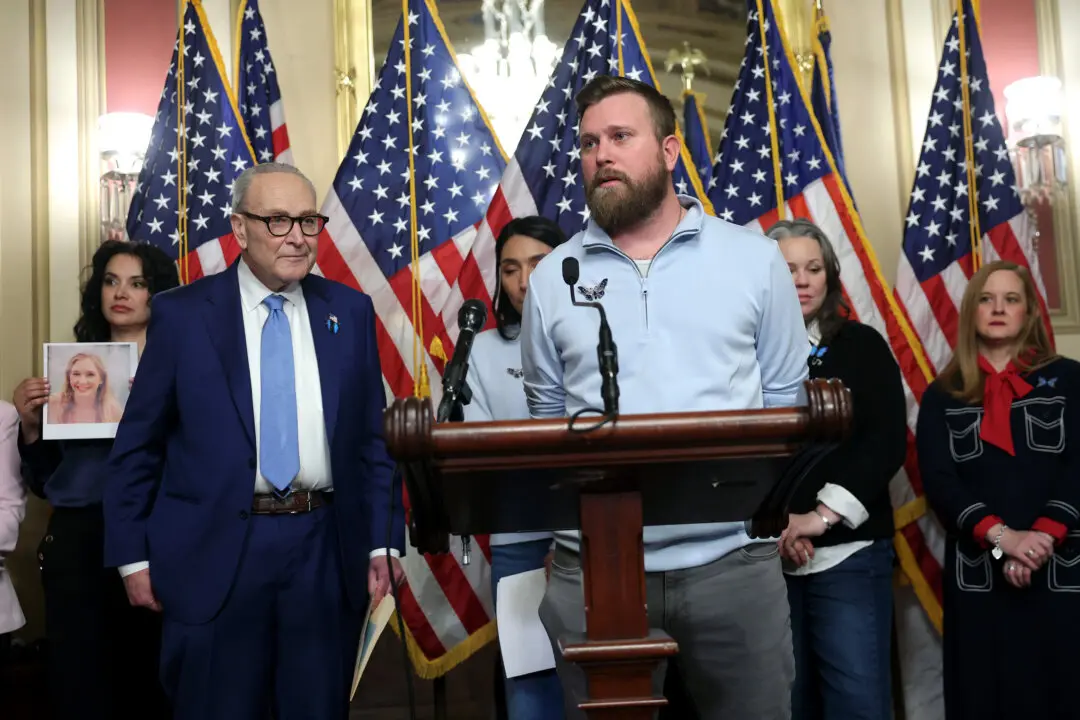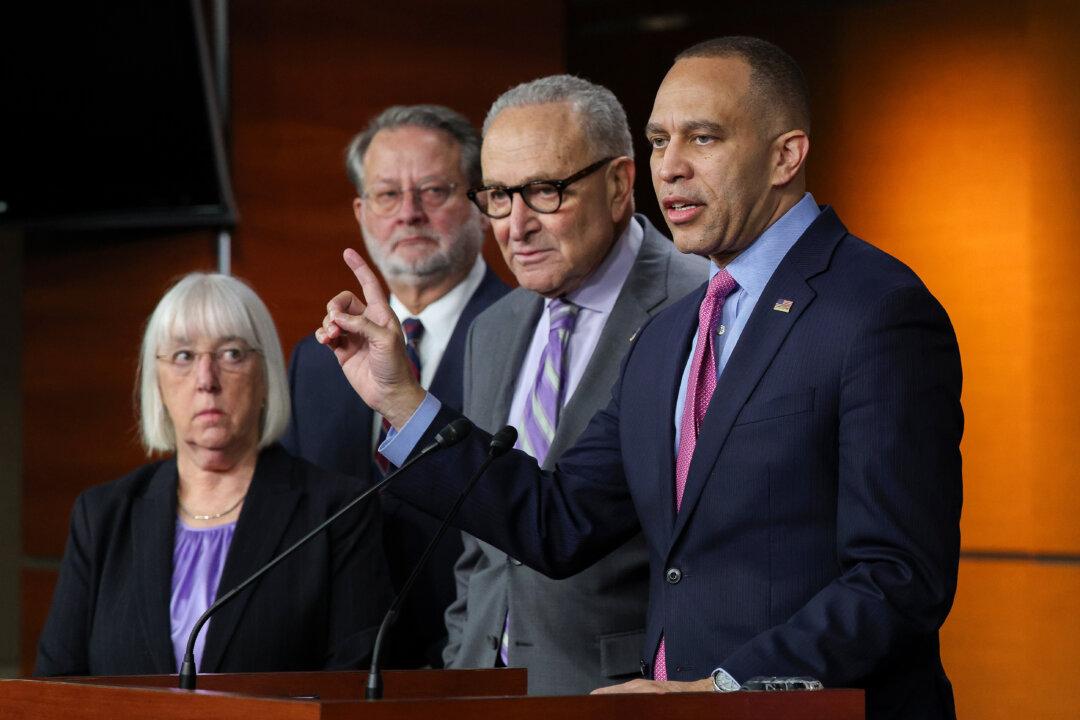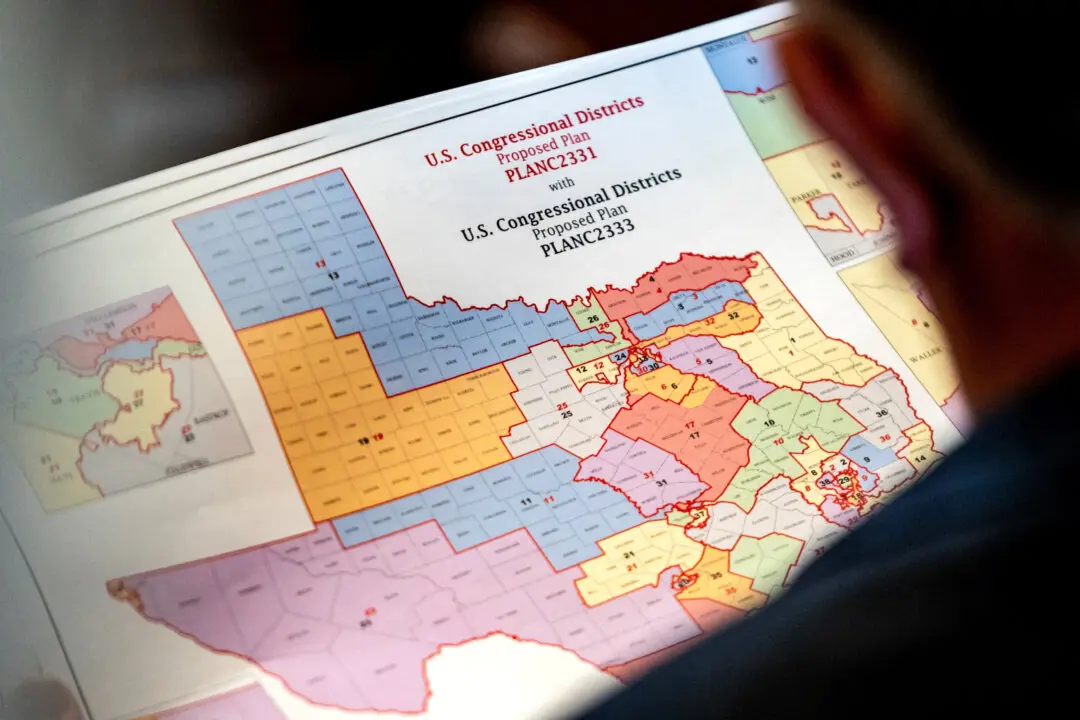Tennessee’s Legislature is proposing legislation that would cut the size of the Metropolitan Nashville-Davidson County Council in half, down from the current 40 members.
The legislation (pdf), filed Jan. 9, would cap the number of members that are elected to a governing body of a metro or municipal government to 20, which in effect slices Nashville’s council in half.





